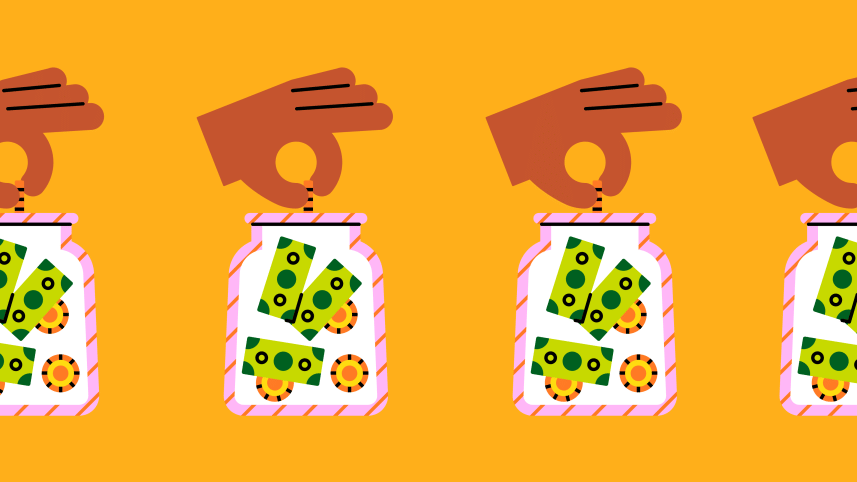Future-proofing your finances: Saving up the first paychecks

Congratulations! You finally landed your first full-time job. Even if it's not the one you had dreamt of since you were a kid, it's still going to help pay the bills - at least, however much possible. Of course, this also means a bunch of new responsibilities, some more tedious than others. Now that you are in charge of your own money, one key duty you will be burdened with is financial management, which is a task definitely easier said than done.
While your first paychecks might feel like a magic ticket to financial freedom, think about how your current financial habits can impact your future for years to come. So, before you rush out and celebrate with a well-deserved shopping spree - consider the alternative of putting some of that money aside. Whether you still have your parents' support or some other source of money flow, the money that you earn in your first proper job will always help you out, especially in the case of emergencies.
So, what entails the process of saving up your first full-time paycheck? Let's take a look at the 'why' and 'how' of it.
Why save?
As much as we may dislike it, life throws us curve balls at times. An emergency fund, ideally three to six months of salary, is a safety net that you can always depend on no matter how dire a situation may get. Are you facing car troubles, unexpected medical bills, or a sudden job loss? Keeping some money saved aside from your first paychecks will ensure that you won't spiral into debt during the worst possible scenarios.
Aside from emergencies, saving up also means that you are investing towards the future. This can mean earning that dream vacation you have always wanted, buying that expensive piece of gadget, or even starting your own business down the line. You might tell yourself that the money you are earning from your first full-time job isn't enough in quantity for a substantial investment. The truth is, it doesn't have to be.
If you start saving early, even a small amount tucked away now will grow significantly over time due to compound interest. Even aside from that, you are developing a valuable practice that will help you for the rest of your life. Soon into your adulthood, your personal expenses will pile up - more so if you decide to settle down and start a family of your own. At that time, you will be grateful to your past self for going through the arduous, yet rewarding path of saving up early.
How to save?
Now that you are well-acquainted with the benefits you will reap if you start saving early, the first thing you need to do to actually start saving is track your expenses. There are free budgeting apps that will help you track daily expenditures and monthly earnings on your phone. Or, if you are the traditional type, get a notebook and jot down your spending manually. Either way, identify areas you need to cut back. This could be not having a cup of coffee every day and using cheaper modes of public transport at times to save up on commute costs.
A popular budgeting strategy is the 50-30-20 rule, which simply means that you use 50% of your income for essential needs, 30% on wants, and 20% towards savings and paying debts. Of course, you are free to adjust this percentage based on your lifestyle and preferences. For example, reducing the frequency of going to movies or dining out can subsequently increase the amount of savings, which can be greatly beneficial for you in the long run.
Another method you could consider is setting up automatic transfers on your bank account, so that any money deposited in your checking account gets sent to your savings account. This way, you are forcing yourself away from the temptation to spend recklessly. Mentally label that savings account as "do not touch" money - unless of course, in the case of emergencies.
All in all, adopting the practice of saving money early - especially your first-ever paychecks - will be appreciated by your future self down the line. It's often common for youths and young adults to splurge their first earnings into whatever they fancy. While doing so will certainly make you happy, keep in mind that this satisfaction is short-lived at best. Take control of your finances today and start reaping the rewards of smart saving!

 For all latest news, follow The Daily Star's Google News channel.
For all latest news, follow The Daily Star's Google News channel.
Comments